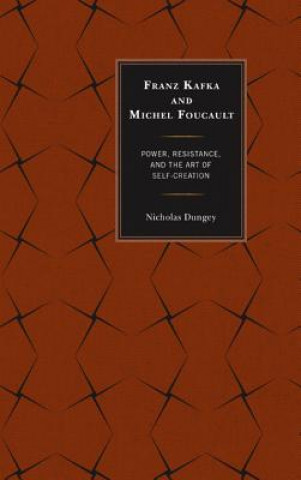
Kód: 04669563
Franz Kafka and Michel Foucault
Autor Nicholas Dungey
With the publication of Michel Foucault's last essays detailing his account of the aesthetics of existence and a post-metaphysical ethics, we now have an outline for a comprehensive Foucaultian analytical framework. Foucault's ana ... celý popis
- Jazyk:
 Angličtina
Angličtina - Vazba: Pevná
- Počet stran: 186
Nakladatelství: Lexington Books, 2014
- Více informací o knize

Mohlo by se vám také líbit
-

Moonology Oracle Cards
478 Kč -

Ricochet
399 Kč -
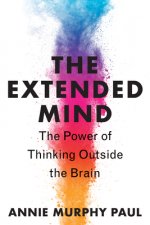
Extended Mind
389 Kč -

Attack!
721 Kč -
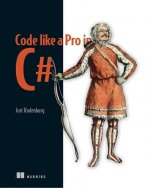
Code Like a Pro in C#
1830 Kč -

My Neighbor Hayao: Art Inspired by the Films of Miyazaki
574 Kč -

Zestaw do szkicowania Charcoal
273 Kč -

Good Night, Gorilla
188 Kč -
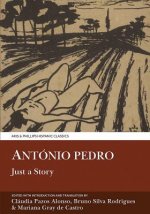
Antonio Pedro: Just a Story
762 Kč -

Internet and the Law
4803 Kč -

Fetus as Medical Patient
3454 Kč -

Introduction to Statistics
2365 Kč -

George Orwell
1702 Kč -

Essential Sudhir Kakar
1743 Kč
Dárkový poukaz: Radost zaručena
- Darujte poukaz v libovolné hodnotě a my se postaráme o zbytek.
- Poukaz se vztahuje na celou naši nabídku.
- Elektronický poukaz vytisknete z e-mailu a můžete ihned darovat.
- Platnost poukazu je 12 měsíců od data vystavení.
Více informací o knize Franz Kafka and Michel Foucault
Nákupem získáte 399 bodů
 Anotace knihy
Anotace knihy
With the publication of Michel Foucault's last essays detailing his account of the aesthetics of existence and a post-metaphysical ethics, we now have an outline for a comprehensive Foucaultian analytical framework. Foucault's analytical schema is arranged around three interdependent observations. First, subjects are formed through discursive and material force relations that Foucault calls disciplinary power. Second, while individuals inescapably bear the inscription of disciplinary power, there are multiple sites of resistance available to them. And third, the normative purpose of resistance and life is found in the self-conscious pursuit of aesthetic transformation and self-creation-what Foucault calls ethics. For Foucault, philosophy, critique, and writing are agonistic and creative tools in the practice and cultivation of what he calls the 'art of life.' In, Franz Kafka and Michel Foucault: Power, Resistance, and the Art of Self-Creation, Nicholas Dungey examines Foucault's holistic project and applies it to a critical interpretation of Kafka's writings. In Part I, Dungey argues that in Kafka's, "In the Penal Colony," and The Trial, we find evidence of the presence and operation of disciplinary power, strategies, and forms of subjectivity. "In the Penal Colony" and The Trial exhibit the central themes of Foucault's dystopian analysis of Enlightenment rationality, subjectivity, and politics. In Part II, Dungey moves from a genealogical analysis of disciplinary power and subjectivity in Kafka's literature to an examination of Foucault's account of resistance, the aesthetics of existence, and ethics. Turning to Kafka's voluminous letters and diary entries, Dungey identifies the way Kafka's letters and diaries operate as strategies of resistance against disciplinary norms and expectations and ultimately serve as the artistic vehicle through which Kafka pursued a form of aesthetic self-creation he called life as literature.
 Parametry knihy
Parametry knihy
Zařazení knihy Knihy v angličtině Literature & literary studies Literature: history & criticism Literary studies: general
3994 Kč
- Plný název: Franz Kafka and Michel Foucault
- Autor: Nicholas Dungey
- Jazyk:
 Angličtina
Angličtina - Vazba: Pevná
- Počet stran: 186
- EAN: 9780739177037
- ISBN: 0739177036
- ID: 04669563
- Nakladatelství: Lexington Books
- Hmotnost: 428 g
- Rozměry: 237 × 153 × 18 mm
- Datum vydání: 05. March 2014
Oblíbené z jiného soudku
-
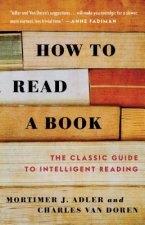
How to Read a Book
303 Kč -
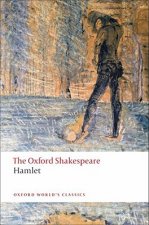
Hamlet: The Oxford Shakespeare
236 Kč -
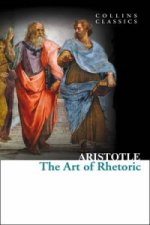
Art of Rhetoric
90 Kč -
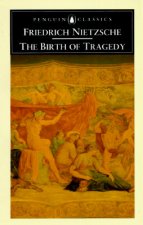
Birth of Tragedy
249 Kč -

Selected Essays
276 Kč -
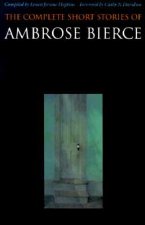
Complete Short Stories of Ambrose Bierce
493 Kč -

Serpent Power
519 Kč -
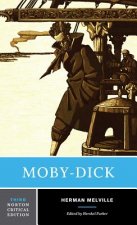
Moby-Dick
465 Kč -
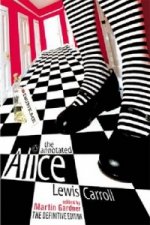
Annotated Alice
306 Kč -

Nordic Noir
410 Kč -
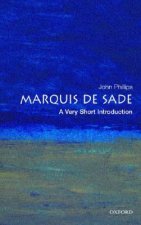
Marquis de Sade: A Very Short Introduction
227 Kč -
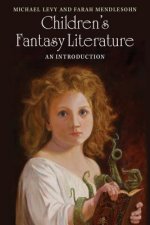
Children's Fantasy Literature
548 Kč -

Mysteries of Udolpho
286 Kč -
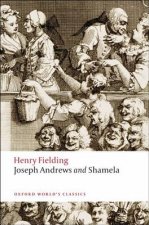
Joseph Andrews and Shamela
226 Kč -
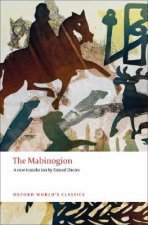
Mabinogion
276 Kč -

The Picture of Dorian Gray
182 Kč -
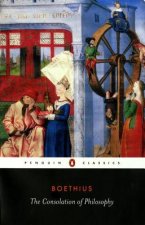
Consolation of Philosophy
276 Kč -
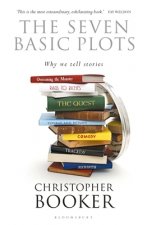
Seven Basic Plots
545 Kč -

Gulliver's Travels
170 Kč -
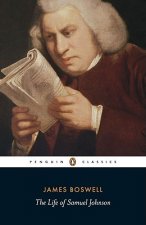
Life of Samuel Johnson
623 Kč -

Powers of Horror
976 Kč -
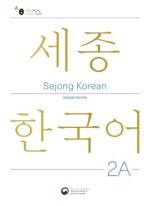
Sejong Korean Student Book 2A - English Edition, m. 1 Audio
733 Kč -

Road to Hel
1460 Kč -

Anna Karenina
217 Kč -
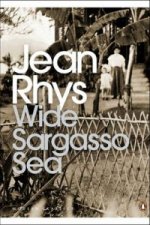
Wide Sargasso Sea
223 Kč -
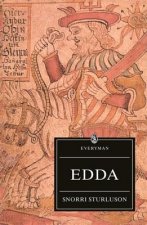
Edda
240 Kč -

Finn and Hengest
249 Kč -
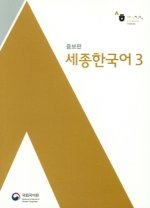
Sejong Korean 3, m. 1 Audio
681 Kč -
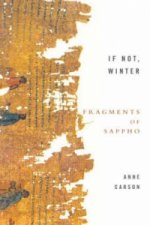
If Not, Winter: Fragments Of Sappho
464 Kč -
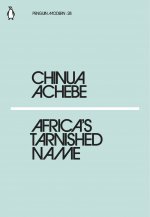
Africa's Tarnished Name
101 Kč -
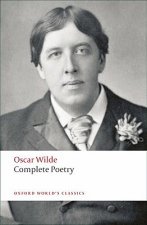
Complete Poetry
219 Kč -

Captain is Out to Lunch
276 Kč -
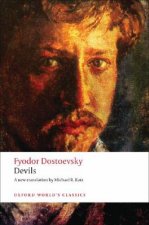
Devils
268 Kč -
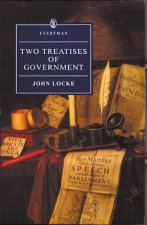
Two Treatises of Government
254 Kč -
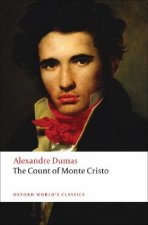
Count of Monte Cristo
276 Kč -
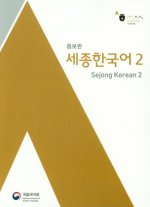
Sejong Korean 2 (Korean+English Version), m. 1 Audio
681 Kč -
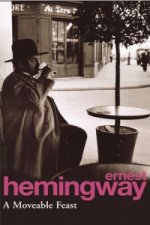
Moveable Feast
254 Kč -

Moveable Feast
276 Kč -
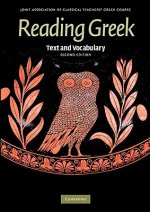
Reading Greek
946 Kč -

Dream Story
276 Kč -
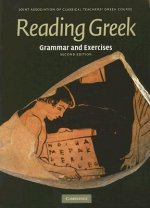
Reading Greek
1072 Kč -

Analysis of Donna Haraway's A Cyborg Manifesto
233 Kč -
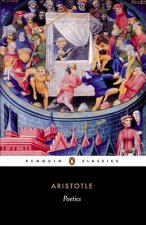
Poetics
276 Kč -

Selected Journals of Lm Montgomery Volume III 1921-1929
514 Kč -
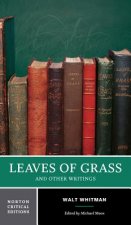
Leaves of Grass
442 Kč -
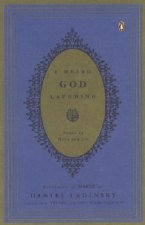
I Heard God Laughing
382 Kč -

Tragedy of King Richard III: The Oxford Shakespeare
234 Kč -
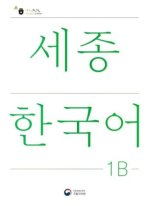
Sejong Korean Student Book 1B - Korean Version, m. 1 Audio
733 Kč -

Wild Ass's Skin
316 Kč
Osobní odběr Praha, Brno a 12903 dalších
Copyright ©2008-24 nejlevnejsi-knihy.cz Všechna práva vyhrazenaSoukromíCookies



 Vrácení do měsíce
Vrácení do měsíce 571 999 099 (8-15.30h)
571 999 099 (8-15.30h)